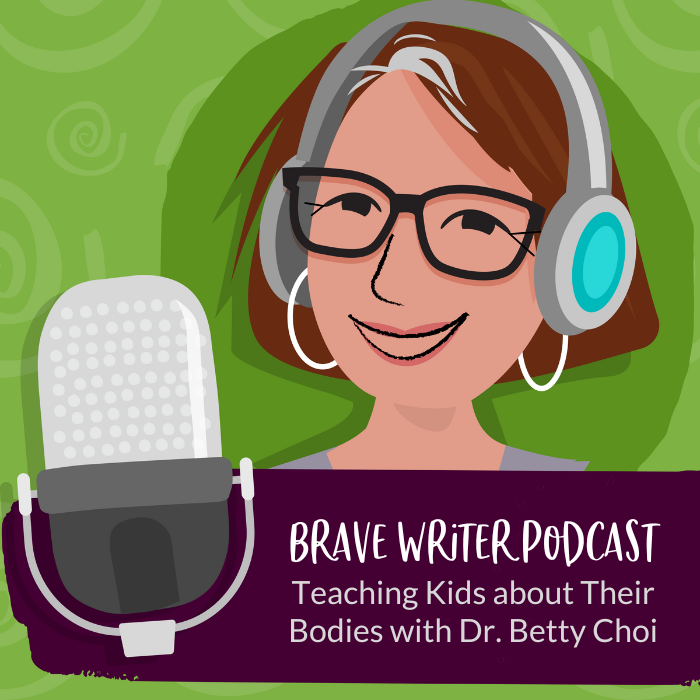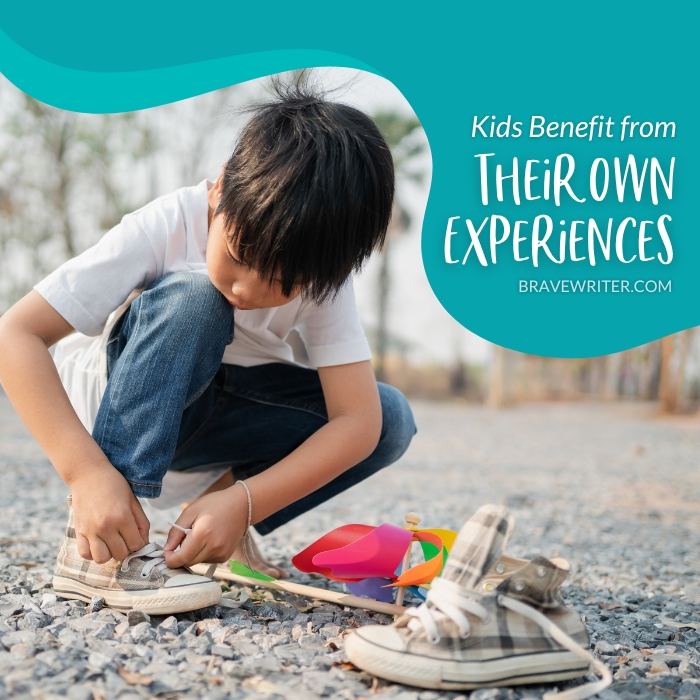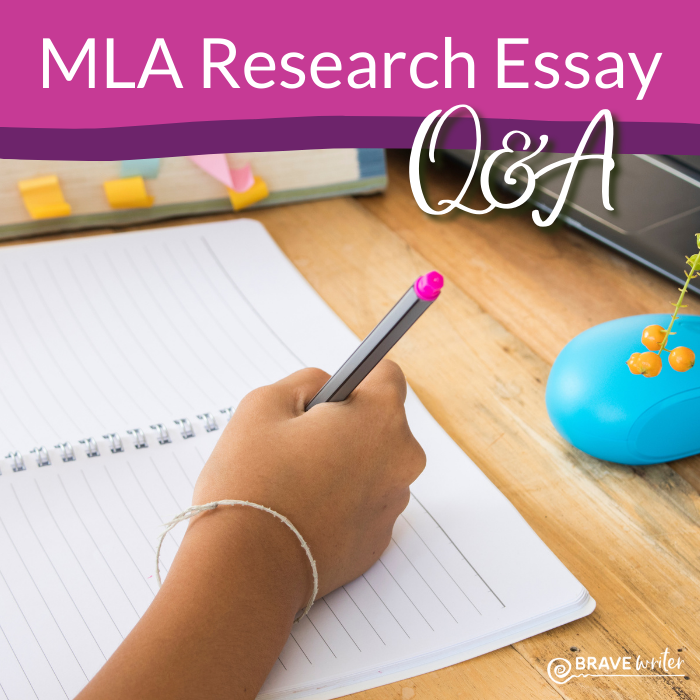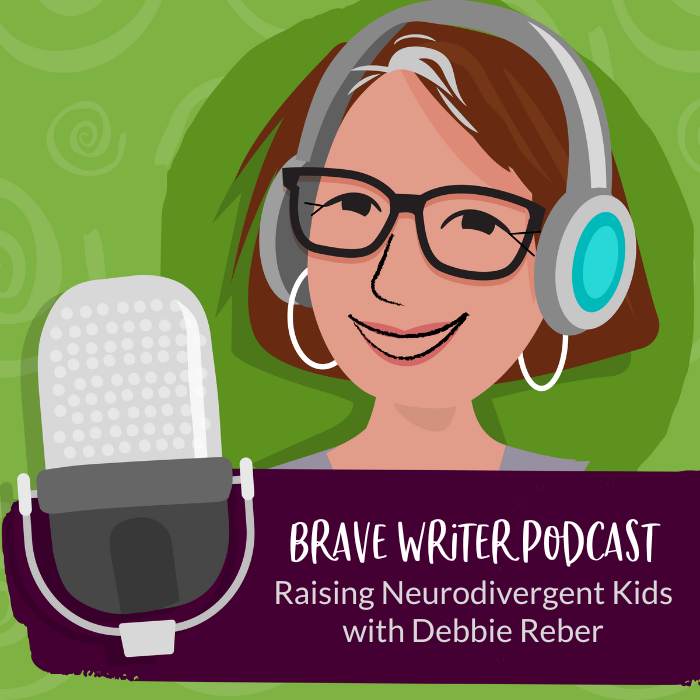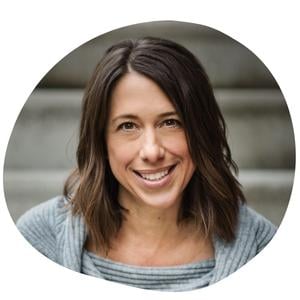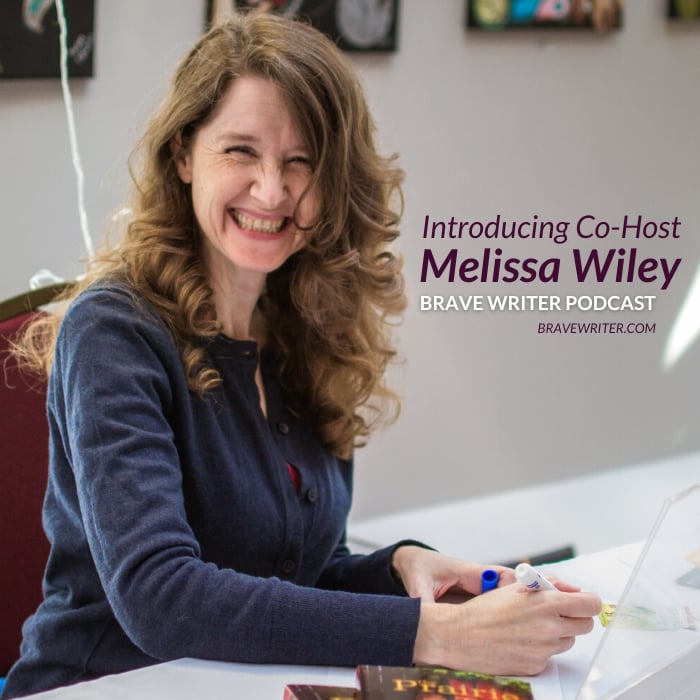
I can’t wait for you to listen to today’s podcast episode!
Today’s show marks a new beginning in the Brave Writer podcast. I’m introducing a co-host to the show:
Meet Melissa Wiley, a long-time homeschooler, children’s book writer, and valued friend and colleague. Melissa has written two highly-regarded novels which we share in the Brave Writer world, The Prairie Thief and The Nerviest Girl in the World, and also works for Brave Writer, writing our Quills (writing program for 5-7) and Darts (writing program for 8-10) and teaching a number of our online classes.
Today’s show highlights Melissa’s unique approach to homeschooling, known as “tidal schooling,” a metaphor for the ocean tides. We’ll talk about the ebb and flow of learning using Melissa’s model!
- How do you capitalize on a child’s interests while continuing to keep homeschool lessons rolling?
- What’s the difference between unschooling and tidal schooling?
- Why do we tend to associate learning with effort?
You do not have to homeschool to benefit from the podcast, as much of what we will share are just great parenting ideas. So join in on the conversation and enjoy the new journey into the future as we get to know Melissa!
Show Notes
What is “tidal schooling”?
In her homeschooling philosophy, Melissa Wiley coined the term “tidal schooling” to describe the ebb and flow of structure and autonomy in her approach to education. She explains that in 2006, she was having conversations about labeling oneself as a certain type of homeschooler, such as a Charlotte Mason homeschooler or unschooler, but found that her own approach was a combination of both. She recognized that there were times when a more structured approach, where she planned and mapped out their journey, worked well for her family, while other times they needed a more unstructured approach, where they were free to explore their interests at their own pace. She compares this to the metaphor of the ocean tides, where high tide represents the more structured times and low tide represents the more unstructured times. During low tide, she acts as a facilitator, providing resources and experiences to feed their interests, and ensuring their safety, similar to how a parent would at the beach.
This philosophy was more of a description of what Melissa was already doing with her homeschooling that had been working — allowing her to ebb and flow, enjoying ideological variety without being locked into a specific mindset.
The purpose of homeschooling
When homeschooling, a significant part of our effort is to prepare our children for a healthy and fulfilling adult life. This includes teaching them how to assess their own well-being and make choices that align with their values and personal experience. One of the challenges with traditional education is that it often promotes a set of values that contradict our natural experience and can lead us to distrust our personal experience in favor of those values. For example, the belief that learning is only happening when it is difficult, that effort is more valuable than ease, or that learning has to happen in all subjects every day. These are structures that are designed for order and control, to manage large groups of students, but they do not align with the goals of creating a fulfilling life.
In fact, we have clear evidence that our current structure is not beneficial for most people. When I had vocal chord problems, my otolaryngologist told me that most of their clientele are teachers because no one should be expected to speak out loud for seven hours a day. It’s a difficult and demanding lifestyle, and we put our kids through it as if it’s ordinary.
We hope you enjoyed this conversation as just a taste of what’s to come — a whole new adventure for the Brave Writer world!
Resources
- Website: melissawiley.com
- Instagram: https://www.instagram.com/melissawileybooks/
- Prairie Thief: https://bravewriter.com/book-shop/book/the-prairie-thief
- Nerviest Girl in the World: https://bravewriter.com/book-shop/book/the-nerviest-girl-in-the-world
- Hamlet’s Soliloquy – Blue Ridge Mountain Accent – Shakespeare’s Version and My Hillbilly Translation
- Get 10% off our Growing Brave Writers program using code GBWPOD10 at https://store.bravewriter.com/products/growing-brave-writers
- Sign up for our Text Message Pod Ring to get podcast updates and more!
- Want help getting started with Brave Writer? Head over to bravewriter.com/getting-started
- Sign up for the Brave Writer newsletter to learn about all of the special offers we’re doing in 2022 and you’ll get a free seven-day Writing Blitz guide just for signing up: http://go.bravewriter.com/writing-blitz
Connect with Julie
- Instagram: instagram.com/juliebravewriter
- Twitter: twitter.com/bravewriter
- Facebook: facebook.com/bravewriter


